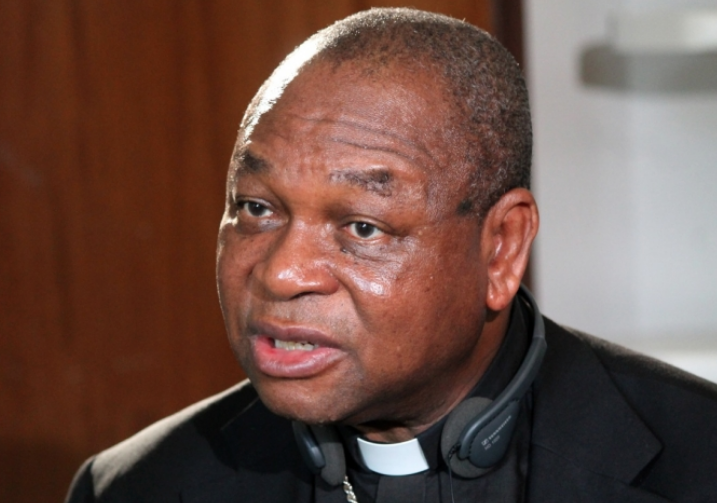John Onaiyekan, former Catholic archbishop of Abuja, says there is a need for religious leaders to be more involved in dialogue with Boko Haram to secure the release of the remaining Chibok schoolgirls.
He stated this during the seventh annual Chibok girls lecture, which held virtually on Wednesday.
In April 2014, a total of 276 students of Government Girls’ Secondary School (GGSS) Chibok, Borno state, were abducted by Boko Haram insurgents.
The girls were preparing for their final examinations when the insurgents attacked in the middle of the night and abducted them.
Advertisement
Seven years later, 112 of the girls are still missing.
Speaking during the event, Onaiyekan said he has been wondering if it is possible for religious leaders to appeal to the moral side of Boko Haram insurgents in order to achieve some level of progress.
He said since terrorists are human, there must be a way to speak with them.
Advertisement
“Having insisted on the need to pressurise government to do its duty, I think there’s an element that we have not seriously addressed. Is it not possible to put some kind of moral pressure on the Boko Haram themselves who are keeping these girls? After all, they are the ones who have caused these problems. They are the ones who have abducted innocent and defenseless children,” he said.
“Is there any way of putting pressure on them to release their innocent hostages? I’ve been asking myself that since Boko haram claims to be religious, can there be more room for religious institutions and leaders to reach out to these groups of terrorists? No matter how terrorist groups can be, they are still human beings who must have a way of being spoken to.
“Can we have more serious efforts from religious leaders — Christians and Muslims — offering some kind of direct effort along with government and other relevant agencies, to arrive at some kind of a breakthrough?”
Onaiyekan said he does not think the issue of the Chibok girls can be resolved through military means alone, adding that it is not enough to just offer amnesty to repentant bandits.
Advertisement
“I know efforts have been made to talk to so-called repented members of the group who have come out, but I don’t know if efforts have been made to reach out to the leadership of the group itself; because at least, there is some leadership,” he said.
“I believe it is not enough to be rehabilitating a few repentant terrorists who come out. What about the mainstream?
“We have been hearing about amnesty programmes of dubious moral basis. In my opinion, all these are scratching the surface. What we should be aiming at is how we can engage a discussion to attain the truth. Everybody has his own truth leading towards some amount of repentance from crimes committed. And with repentance, there’s always room for forgiveness, and after forgiveness is reconciliation and peace. We should not give up.”
Advertisement
Add a comment






